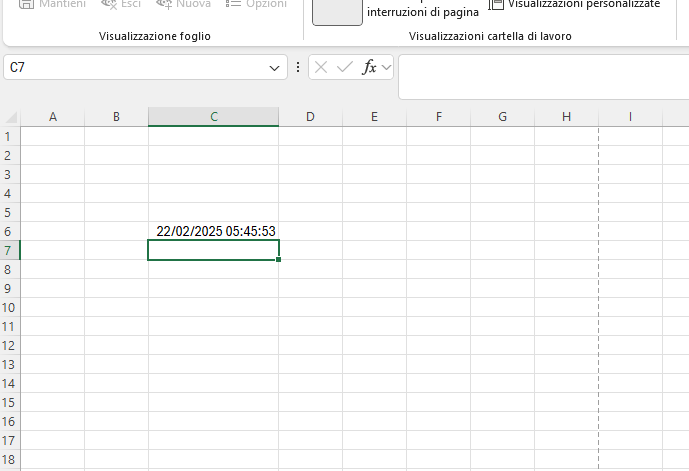
In today’s fast-paced work environment, timesheets have become an integral tool for tracking employee productivity and project management. But what makes them truly valid and indispensable?
Firstly, timesheets offer a structured method to capture the hours worked by employees. This helps in ensuring accurate payroll processing and provides transparency. Employers can identify patterns in work hours, enabling them to make informed decisions about resource allocation and project deadlines.
Moreover, timesheets foster accountability among employees. When individuals log their hours, they become more aware of how they manage their time, often leading to improved efficiency and productivity. This self-awareness can be a catalyst for personal development and enhanced work performance.
Additionally, timesheets aid in project management by providing insights into the time spent on specific tasks. This data is invaluable for managers to assess project progress and identify potential bottlenecks. It also helps in future project planning by offering historical data on time allocation and resource needs.
However, the validity of timesheets is contingent upon accuracy and honesty in reporting. Inaccurate timesheets can lead to misinformed decisions and financial discrepancies. Therefore, cultivating a culture of transparency and trust is crucial for the effective use of timesheets.
In conclusion, while timesheets may seem like a mundane administrative task, their validity in the workplace is undeniable. They not only ensure fair compensation and efficient resource management but also promote a culture of accountability and transparency. As businesses continue to evolve, the role of timesheets remains vital in navigating the complexities of modern work environments.



Lascia un commento